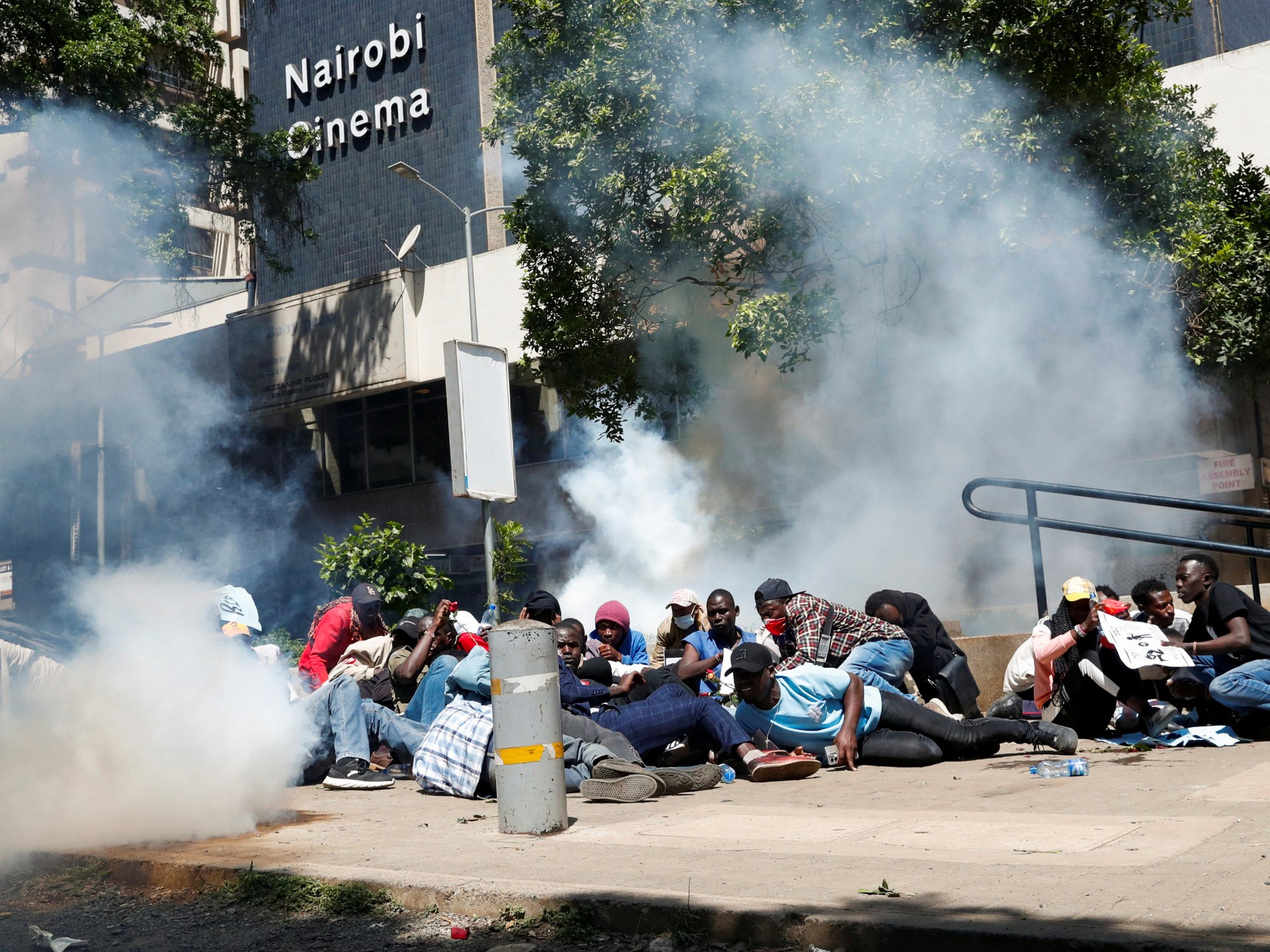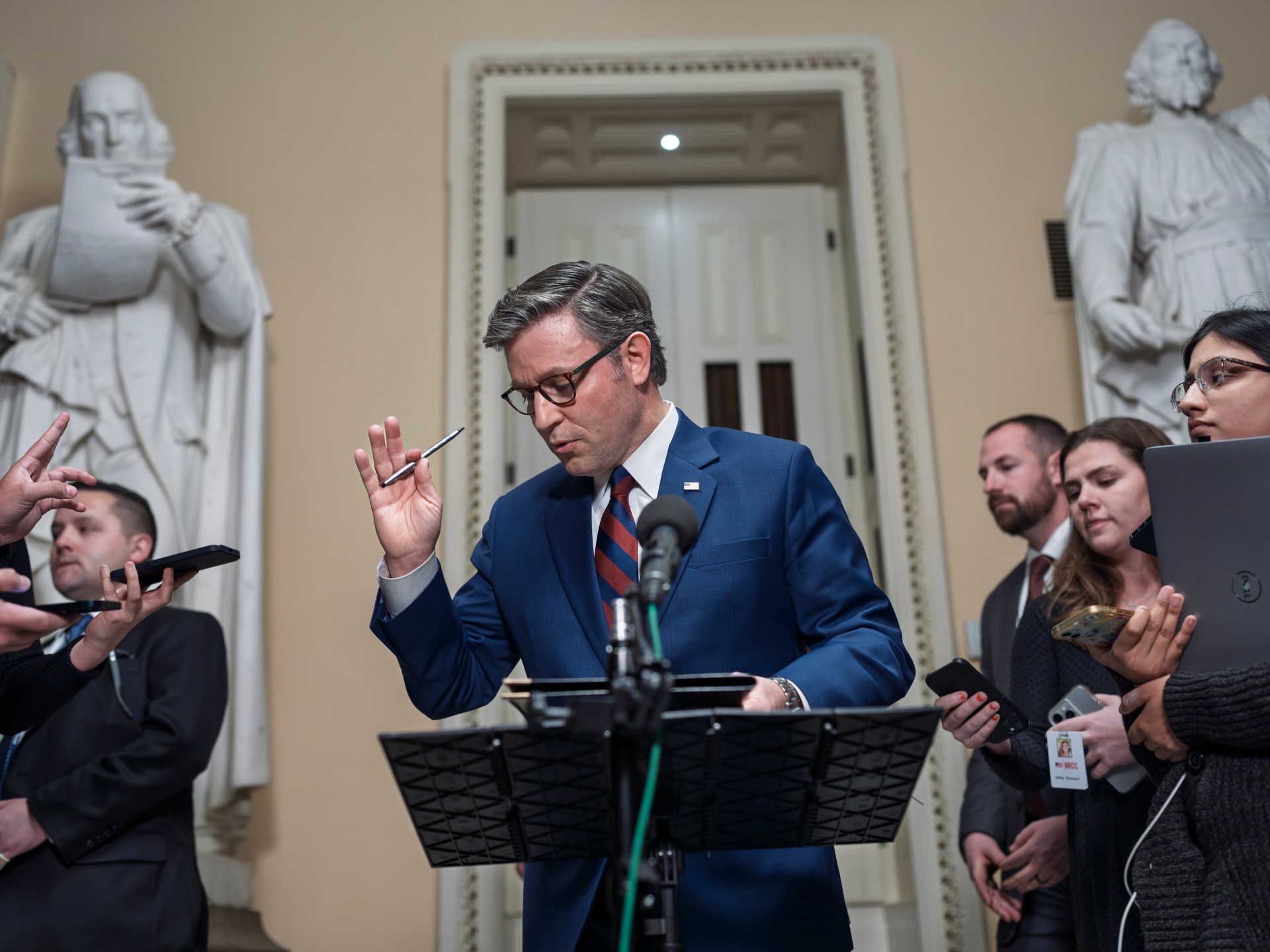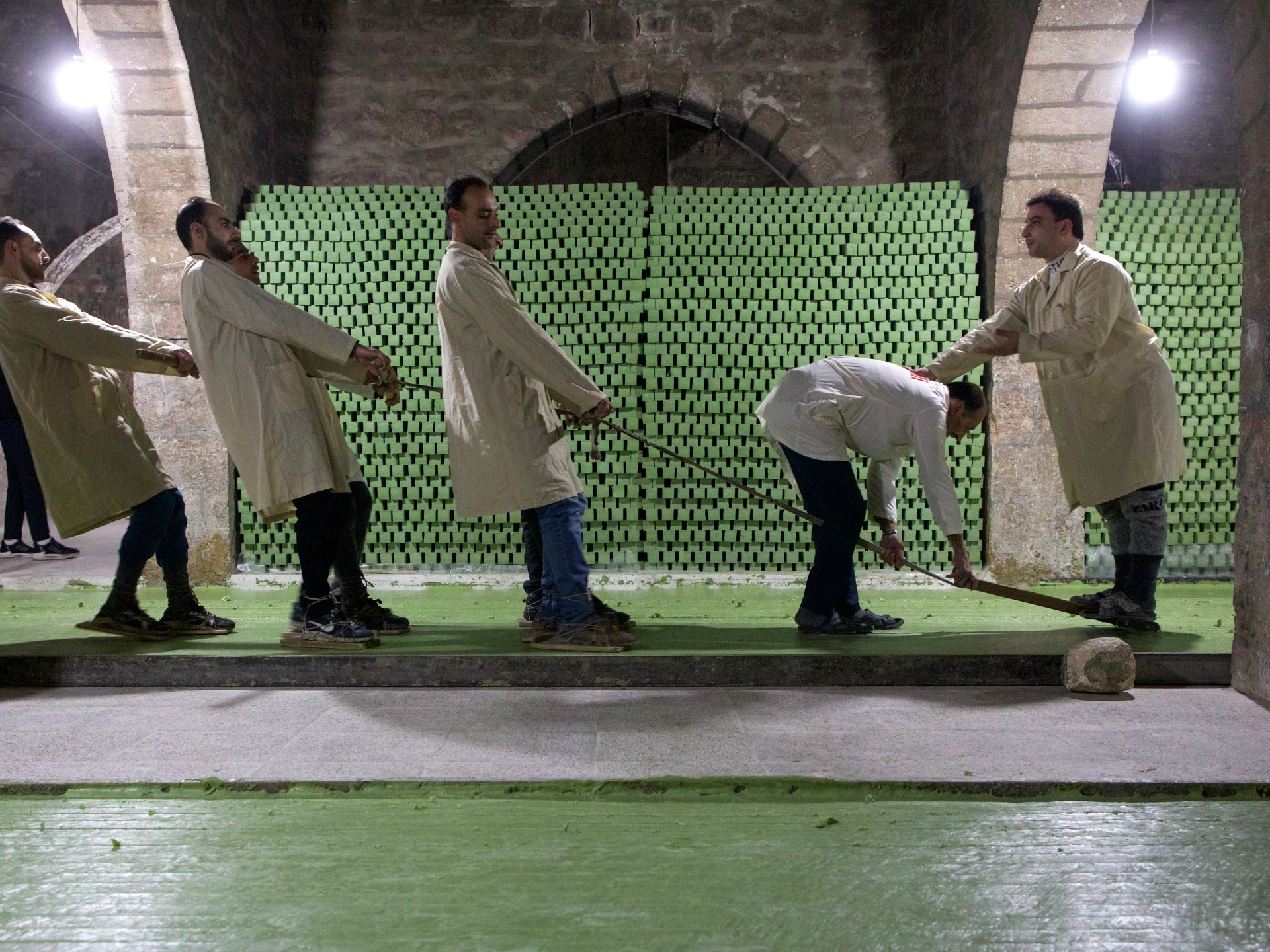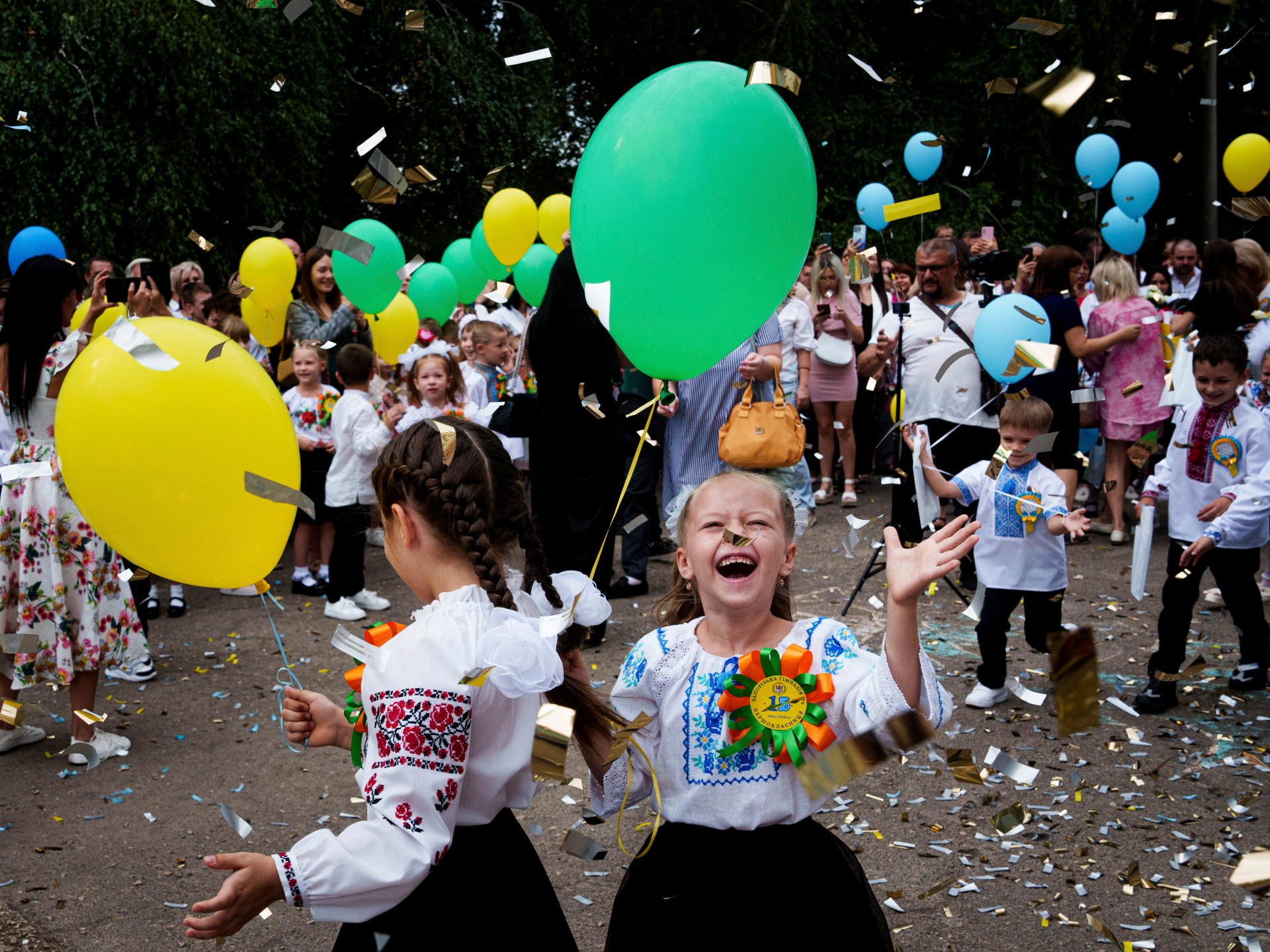Kenya police fire tear gas at protest against alleged government abductions
 30 December 2024
30 December 2024


Police in Kenya’s capital Nairobi have fired tear gas to disperse protesters demonstrating against what they say is a wave of unexplained abductions of government critics.
Dozens of Kenyans have been abducted in recent months, according to human rights groups, who blame the extrajudicial arrests on Kenya’s police and intelligence services.
Kenyan authorities have said the government does not condone or engage in extrajudicial killings or abductions.
Some groups of young protesters marched in downtown Nairobi on Monday, while small groups of others staged sit-ins as clouds of tear gas hung in the air. They chanted slogans against the government, with some holding placards denouncing illegal detentions as police on horseback patrolled nearby.

Among the protesters was opposition lawmaker Okiya Omtatah, who was taking part in a sit-in, with demonstrators using thick chains to hold them together as riot police tried to prise them apart.
Advertisement
Kenyan newspaper Daily Nation reported that Omtatah and 10 other protesters had been detained during the protests.
The Kenya National Commission on Human Rights last week raised concern about a growing number of alleged kidnappings of government critics, saying that the total number of such cases stands at 82 since antigovernment protests started in June.
Initially aimed at overturning proposed tax hikes, the demonstrations eventually evolved into a movement that cut across Kenya’s traditional ethnic divisions, becoming the biggest threat to President William Ruto’s government.
Ruto on Saturday said the government would stop the abductions so that young people live in peace.
On Monday, Omtatah filed a case at the High Court in Nairobi seeking to compel the government to free seven youths, accusing the police of abducting them.
“If they have committed a crime, let them be prosecuted and presented in court to defend themselves,” he said.
Young protesters said they were in solidarity with those abducted while going about their daily lives. “We are existing at a time where we have to live in fear,” a protester, Orpah Thabiti, said.
Four social media users went missing after they shared AI-generated images of Ruto that were deemed offensive by government supporters.
The rights commission had warned that Kenya was heading back to the “dark days” of the disappearance of government critics. The abduction and torture of the opposition were common under the administration of the late President Daniel Moi.
Advertisement
Wanjiru Gikonyo, researcher on good governance and accountability, said the protests in Kenya have been “organic, from the ground, leaderless, and digitally organised”.
“What we are seeing in the larger context is actually a political transition,” Gikonyo told Al Jazeera.
“These young people, as much as they don’t have one identified leader, actually have the heart and minds of Kenyans. This is showing that Kenyans are done with having a constitution on paper that is not expressed in reality,” she added.
The current political leadership headed by Ruto, she said, has “failed to deliver the promise of democratic transition”, something that is unlikely to change.
Related News

Trump endorses Mike Johnson to return as US House speaker, despite backlash

US says it has 2,000 troops in Syria, not 900 as previously declared

Aleppo’s soap makers, now making their soaps in a free Syria

